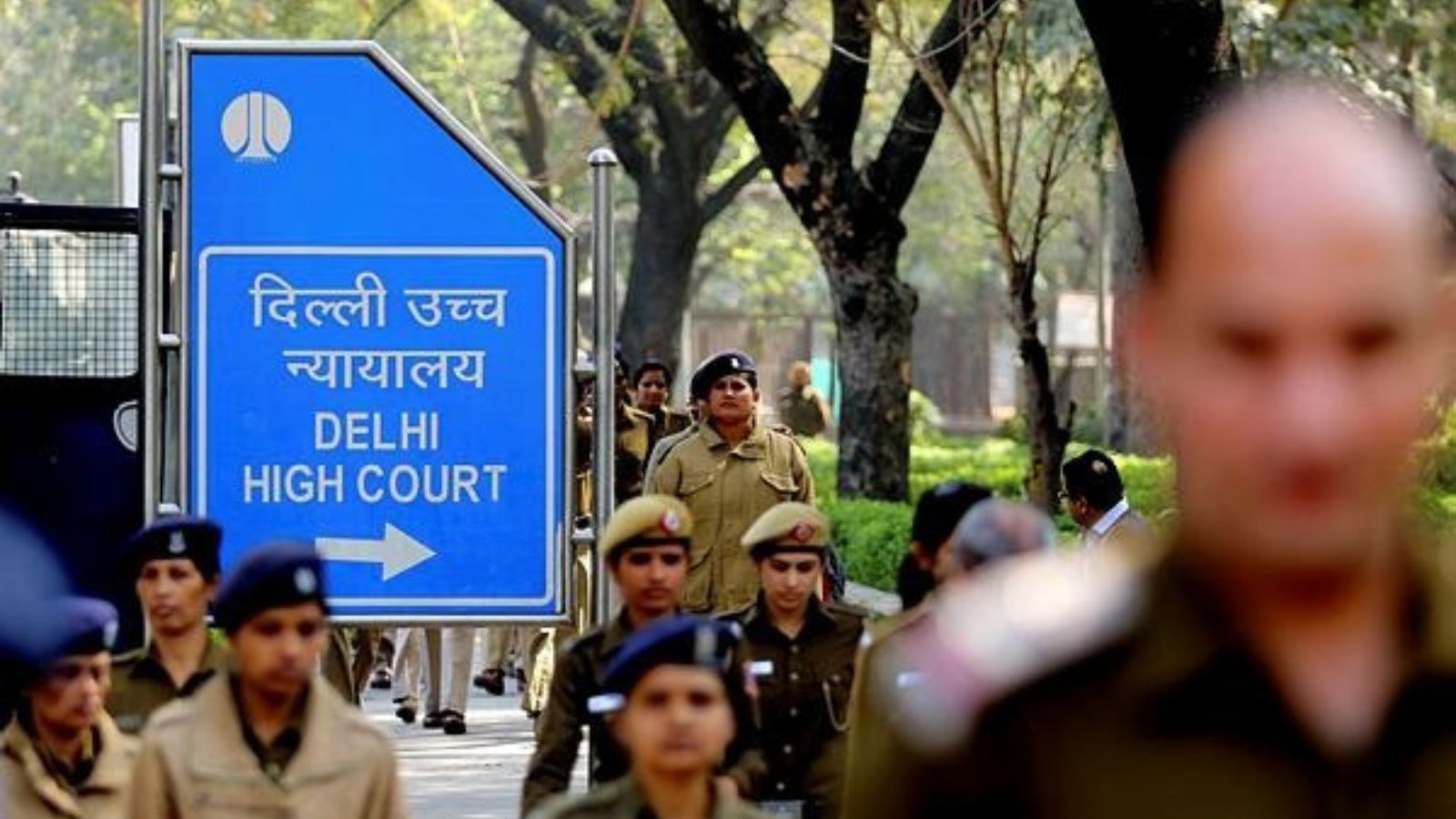‘Incestuous relationship may gain legitimacy’: Delhi High Court upholds prohibition on ‘sapinda marriages’ under Hindu Marriage Act
If the choice of a partner in a marriage is left unregulated, incestuous relationship may gain legitimacy, the Delhi High court observed.
 The court was hearing a plea filed by a woman challenging Section 5(v) (conditions for a Hindu marriage) of the Hindu Marriage Act. Express file photo
The court was hearing a plea filed by a woman challenging Section 5(v) (conditions for a Hindu marriage) of the Hindu Marriage Act. Express file photo The Delhi High Court has recently upheld the validity of Section 5(v) of the Hindu Marriage Act (HMA), which prohibits marriages between “sapindas”, which are parties related to each other through ancestors from their parents’ side unless their custom or usage governing each of them allows them to do so.
A division bench of Acting Chief Justice Manmohan and Justice Manmeet Pritam Singh Arora, in its January 22 order, observed, “If the choice of a partner in a marriage is left unregulated, incestuous relationship may gain legitimacy.”
The high court said there was no merit in the challenge to Section 5(v) (conditions for a Hindu marriage) of the Hindu Marriage Act as raised in the plea filed by a woman. The woman had sought to strike down the provision. She was also aggrieved by a trial court’s order declaring that the marriage between her and her distant cousin was solemnised in contravention of the provision of the Act and was held null and void.
She had moved an appeal against the trial court’s order before the high court which had been dismissed. She then moved a plea in the high court challenging the constitutional validity of Section 5(v) Hindu Marriage Act, which bans ‘sapinda’ marriages.
The bench further said that it was unable to accept the woman’s contention that Section 5(v) HMA is violative of Article 14 (equality before law) of the Constitution as the exception in the section is only for marriages between people on the basis of custom having force of law, which requires stringent proof and its existence is to be adjudicated upon by court of law.
The bench said that the woman had been unable to prove the “existence of custom in the facts of her case and has relied upon consent of parents” which cannot take the place of custom.
The bench also said that no tenable grounds in law for challenging the provision were placed before the court and added that the petitioner had failed to plead any “legal grounds” for challenging the restriction imposed by the provision.
“The impugned sub-section enacts that no marriage can be solemnised between parties who are related to each other as sapindas, unless such marriage is sanctioned by usage or custom governing the parties. The custom which permits marriage between persons who are sapindas of each other must fulfil the requirements of proof of a valid and existing custom as envisaged in impugned Section and under Section 3 (a) of the HMA Act, which defines the expressions ‘custom’ and ‘usage’,” the high court said.
However, the bench added that the woman can initiate legal proceedings against her former husband before an appropriate forum as per law.







